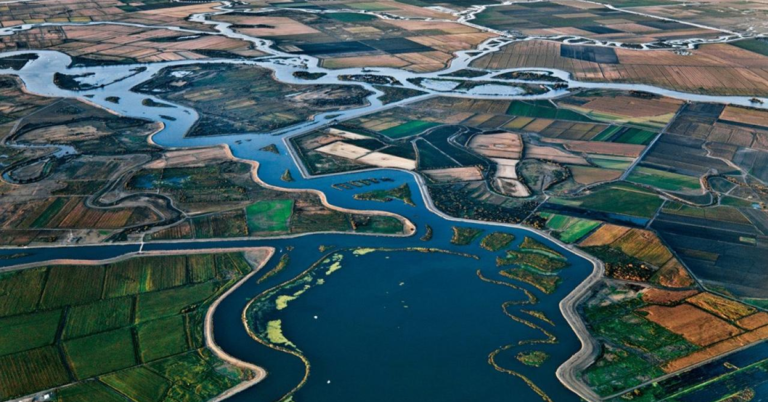Two water coalitions are urging Gov. Gavin Newsom and the federal government to stop reducing water supplies this year.
The Water Blueprint for the San Joaquin Valley and Southern California Water Coalition penned a letter to Newsom and Secretary of the Interior Deb Haaland asking them to suspend certain actions that are reducing water supplies for the 2024 water year.
Driving the news: The Water Blueprint is a coalition of Central Valley community leaders, businesses, water agencies, local governments and agricultural representatives that work to advance common sense water solutions.
- The organization tapped Eddie Ocampo to serve as its chairperson in March.
- The Southern California Water Coalition runs a similar nonprofit throughout eight counties in Southern California.
The big picture: Currently, the Fall X2 component of the Summer Fall Habitat Action is in place for the 2024 water year.
- The Fall X2 Action results in significant water supply reductions to the Central Valley and Southern California.
- According to the Water Blueprint, the Fall X2 Action aims to increase Delta outflow in the fall but has failed to benefit the delta smelt and has imposed unnecessary hardships on agriculture and California residents.
- The action cost around 734,000 acre-feet of water in 2023, which is valued at $557 million on the open market.
- The groups are asking for that action to be suspended for 2024 to allow for more water to flow through the Central Valley and Southern California.
What they’re saying: “Implementing this action is projected to cause a loss of between 300,000 to 400,000 acre-feet of water supplies over the next two months that could otherwise be beneficially used,” Ocampo said. “Science over the last decade has demonstrated that this action, which has a significant water supply cost, is not producing the intended benefits for species, but has reduced water supply for impacted communities reliant on the water provided through the Central Valley Project and State Water Project.”










